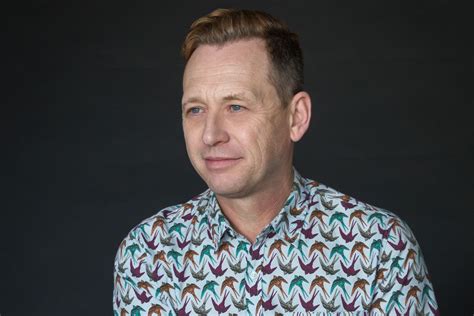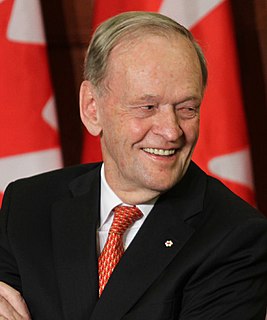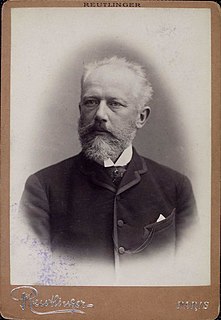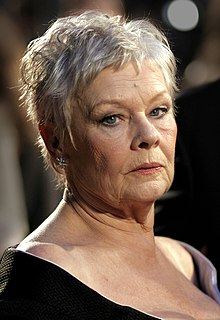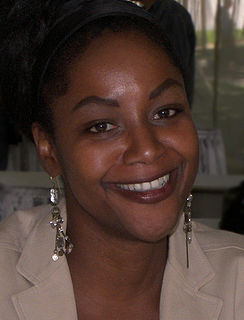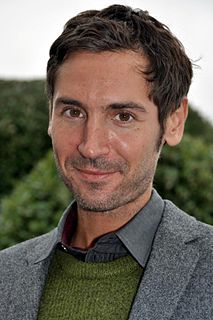A Quote by Edgar Allan Poe
A short story must have a single mood and every sentence must build towards it.
Related Quotes
Writing is linear and sequential; Sentence B must follow Sentence A, and Sentence C must follow Sentence B, and eventually you get to Sentence Z. The hard part of writing isn't the writing; it's the thinking. You can solve most of your writing problems if you stop after every sentence and ask: What does the reader need to know next?
What a nightmare it would be if we individually had to criminalise every single abuse of every single commodity, market or financial product. There are thousands of these and new ones being invented every day. Such an approach would have disastrous implications for regulation and policy-making. Any slide towards it must be resisted.
To knot a sentence up properly, it has to be thought out carefully, and revised. New phrases have to be put in; sudden changes of subject must be introducted; verbs must be shifted to unsuspected localities; short words must be excised with ruthless hand; archaisms must be sprinkled like sugar-plums upon the concoction; the fatal human tendency to say things straightforwardly must be detected and defeated by adroit reversals; and, if a glimmer of meaning yet remain under close scrutiny, it must be removed by replacing all the principal verbs by paraphrases in some dead language.
The short story is at an advantage over the novel, and can claim its nearer kinship to poetry, because it must be more concentrated, can be more visionary, and is not weighed down (as the novel is bound to be) by facts, explanation, or analysis. I do not mean to say that the short story is by any means exempt from the laws of narrative: it must observe them, but on its own terms.
A short story is confined to one mood, to which everything in the story pertains. Characters, setting, time, events, are all subject to the mood. And you can try more ephemeral, more fleeting things in a story - you can work more by suggestion - than in a novel. Less is resolved, more is suggested, perhaps.
Well, as a short-story writer, I don't think there are any weaknesses to the genre itself. I guess I would say that the difficulty of the form is that one must create an entire world in five to 30 pages, as opposed to 300. There is very little room for fat - you must be economical. And you must begin as close to the end as you possibly can.
But I am not sure it would contain any short stories. For the short story is a minor art, and it must content itself with moving, exciting and amusing the reader. ...I do not think that there is any (short story) that will give the reader that thrill, that rapture, that fruitful energy which great art can produce.


